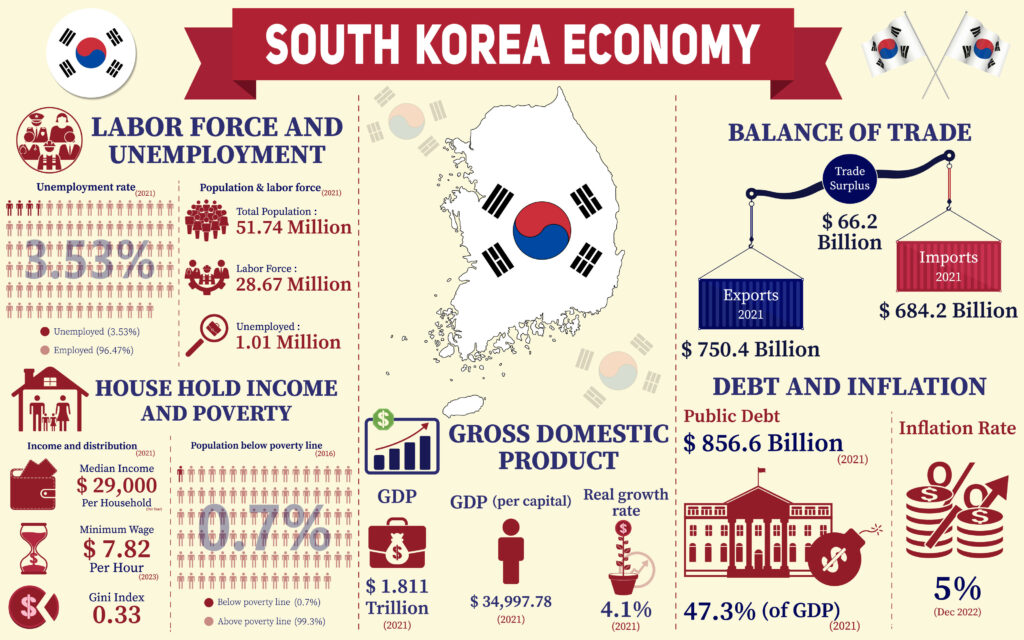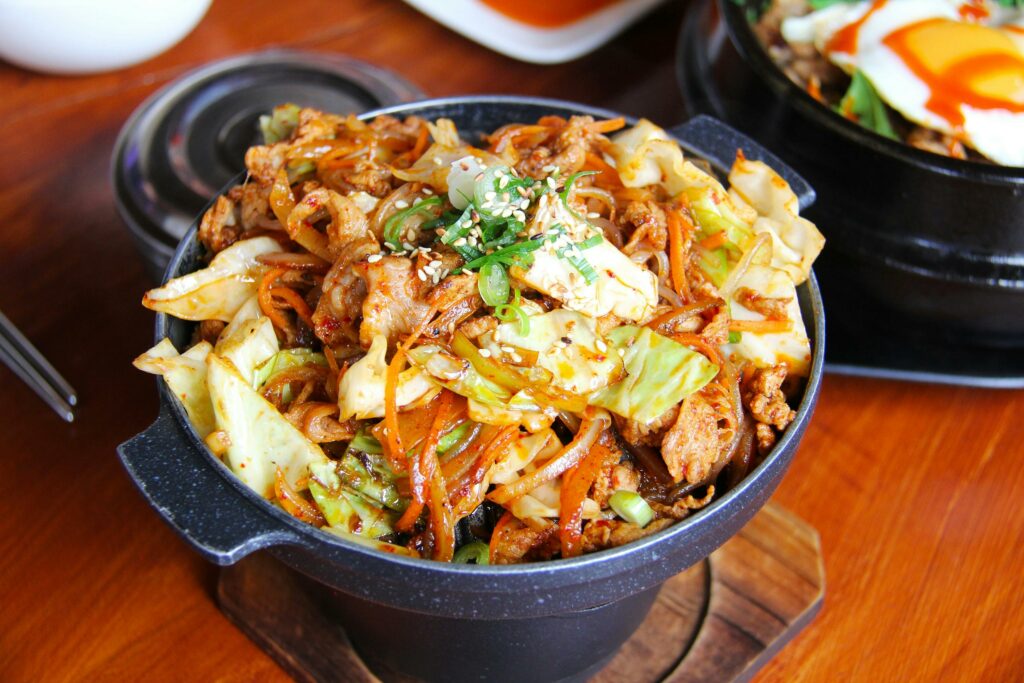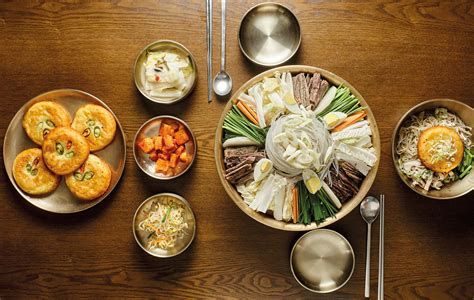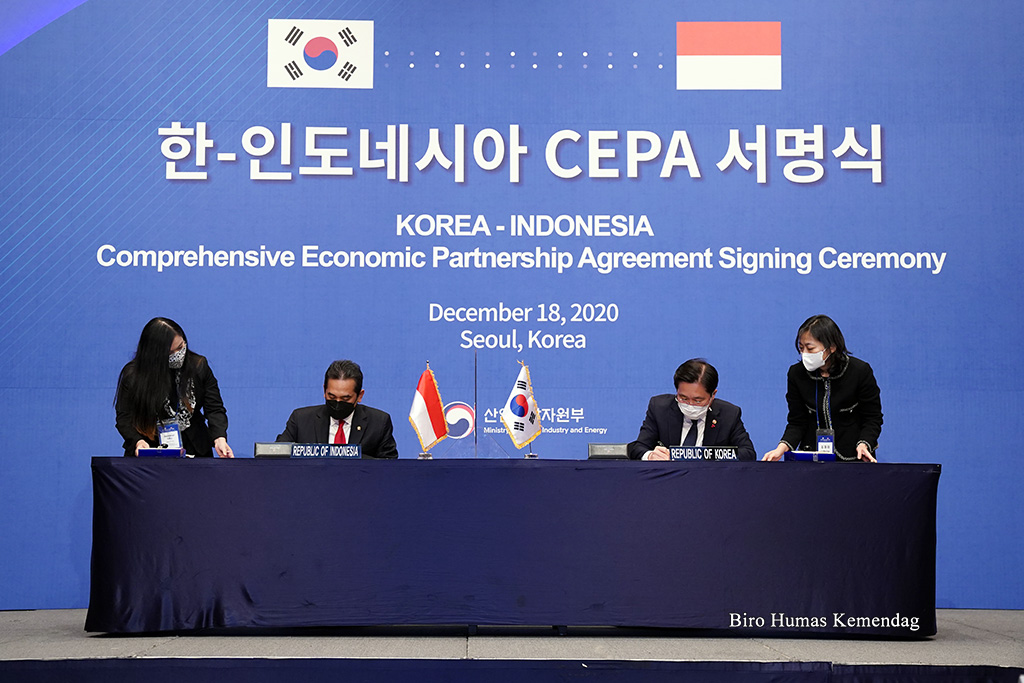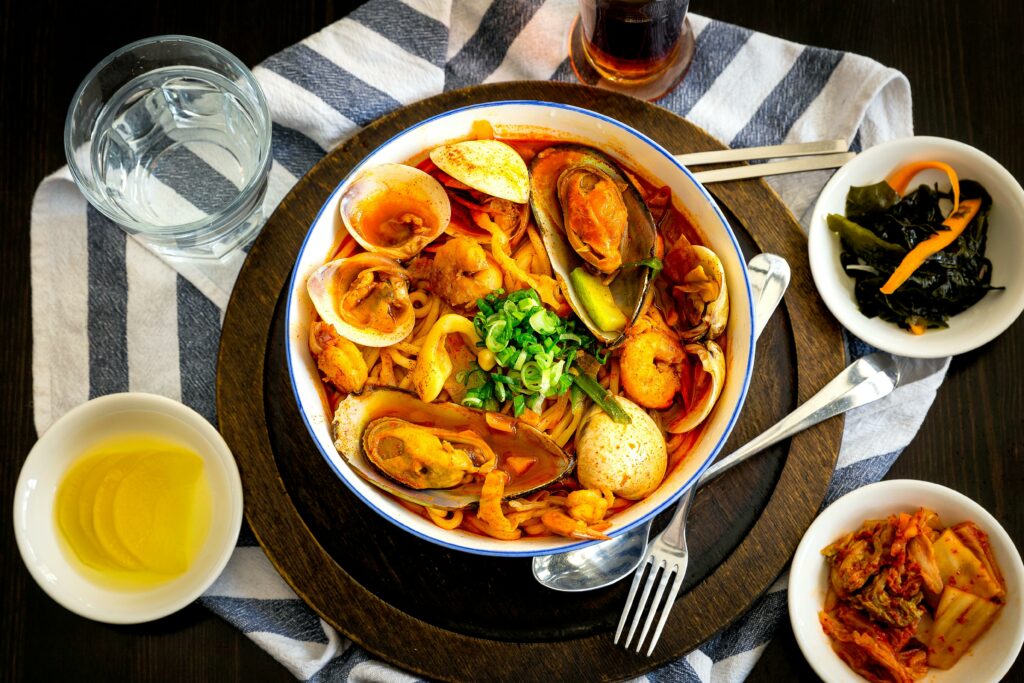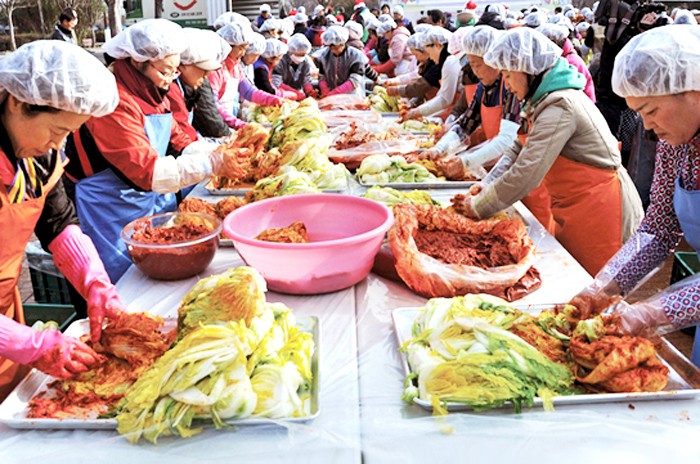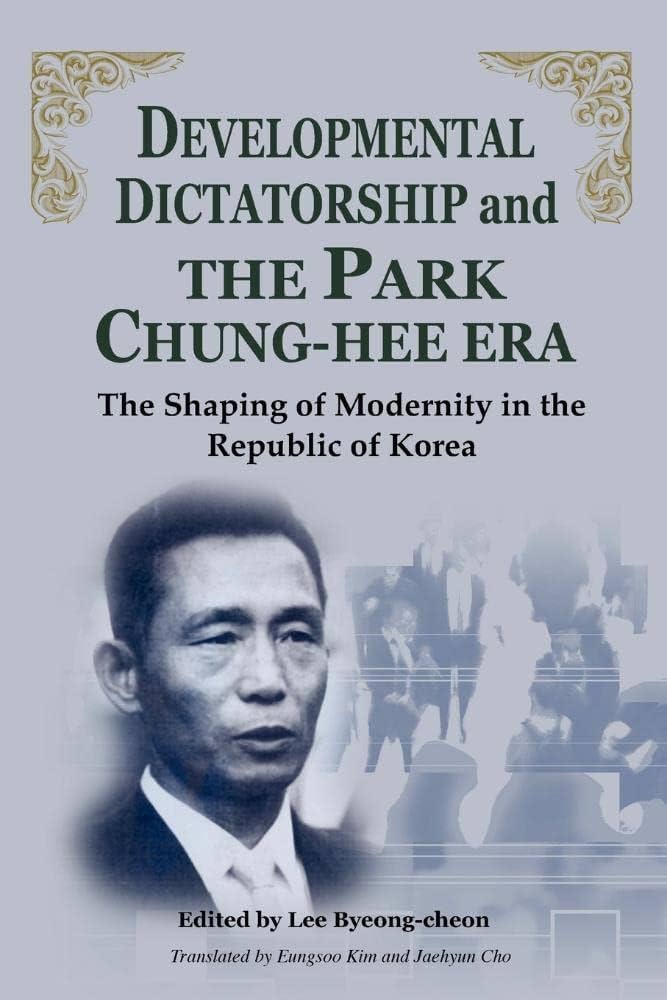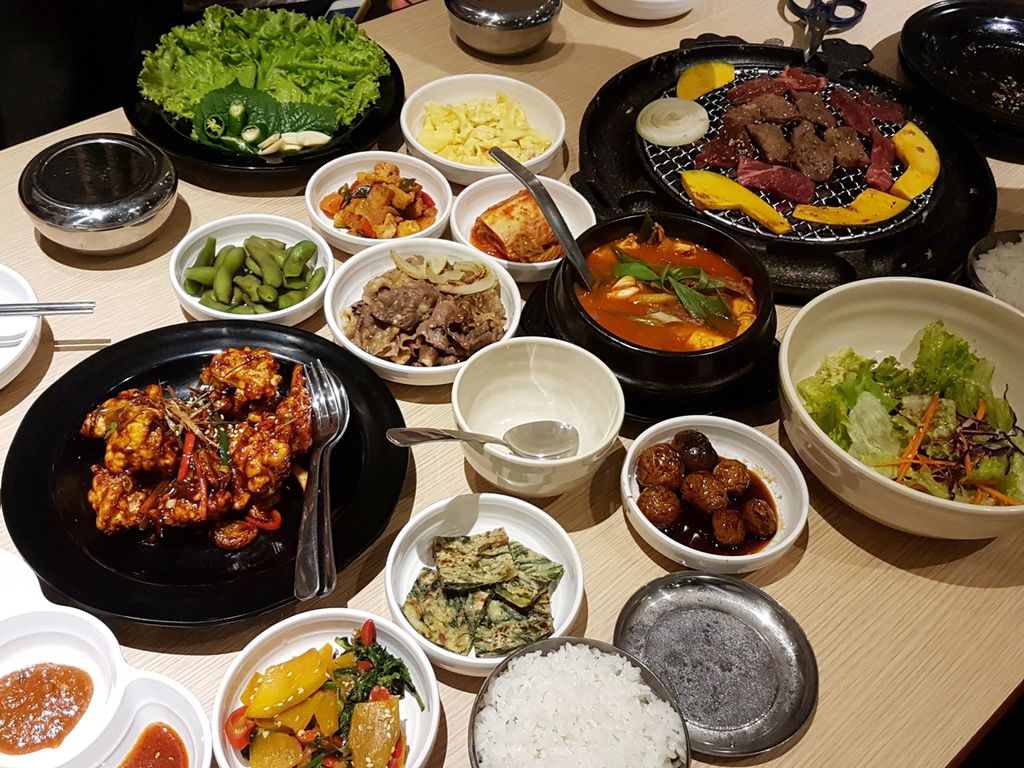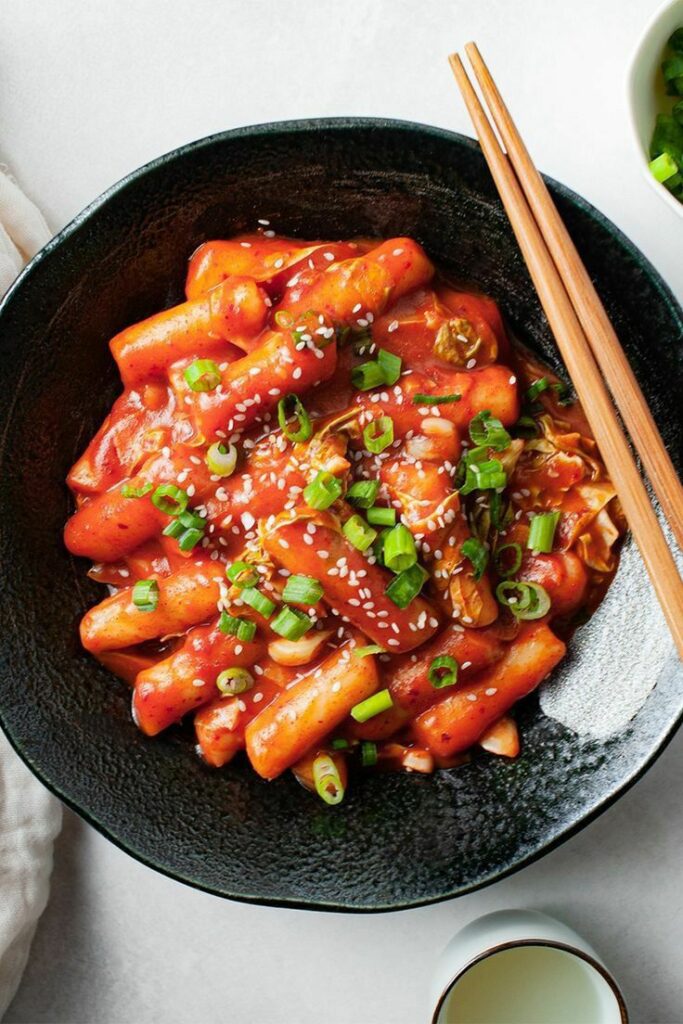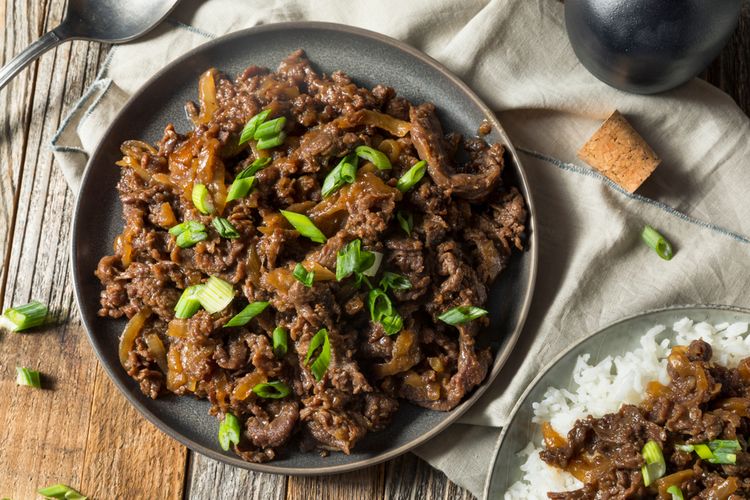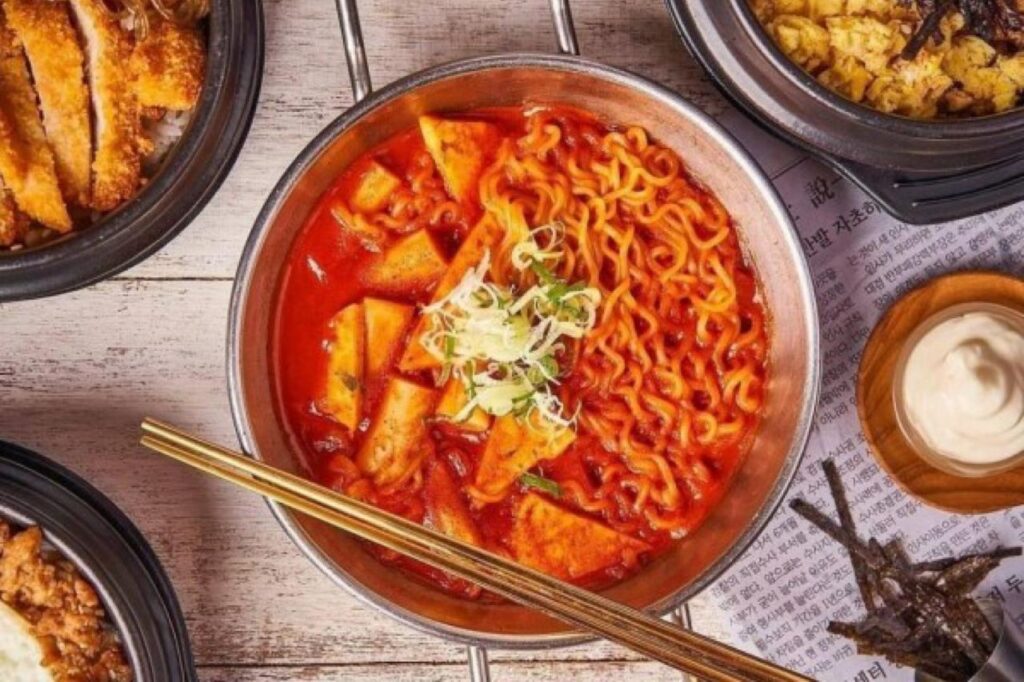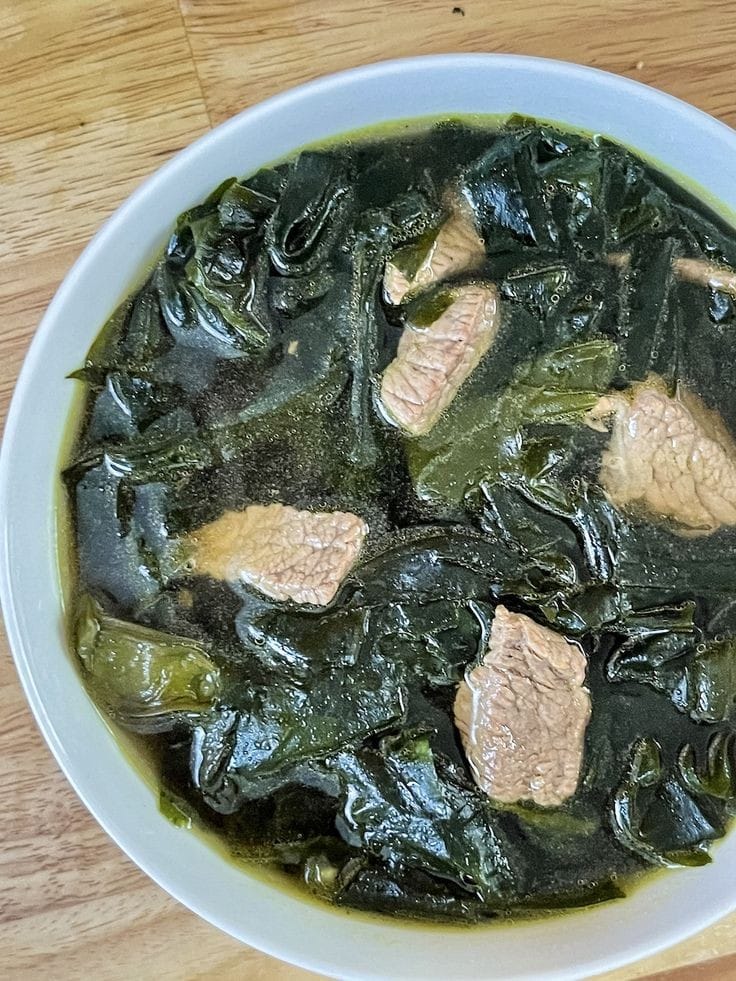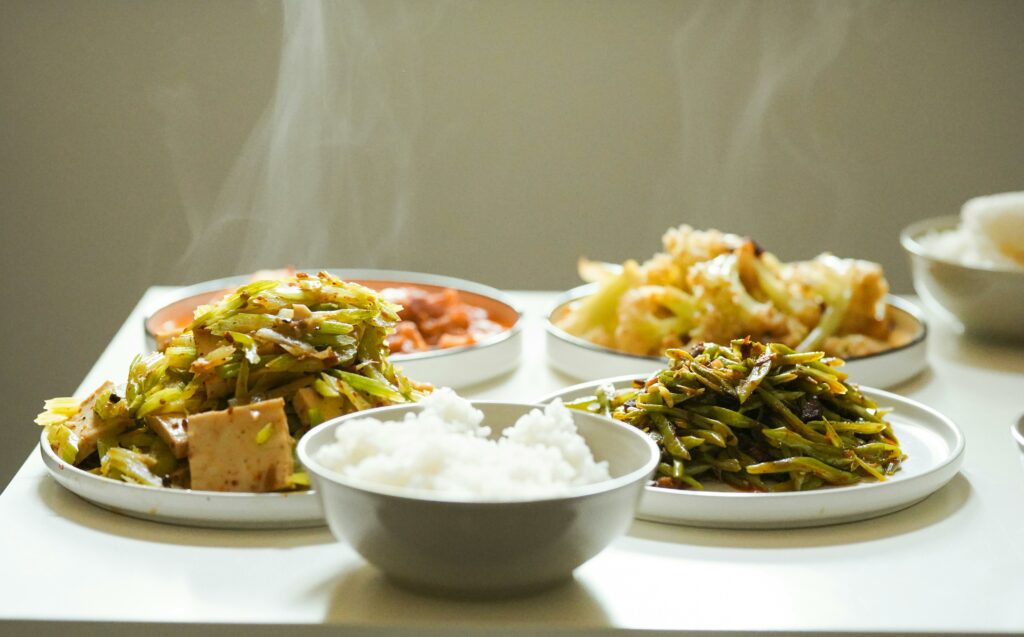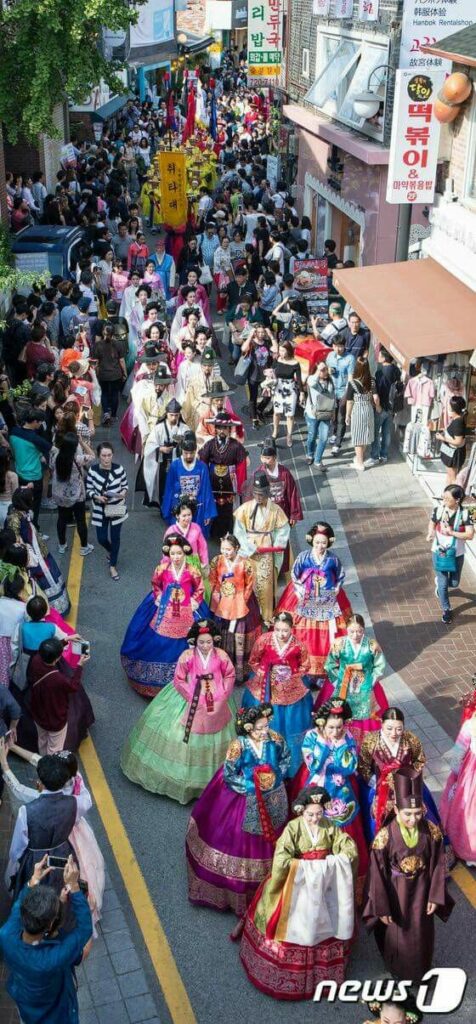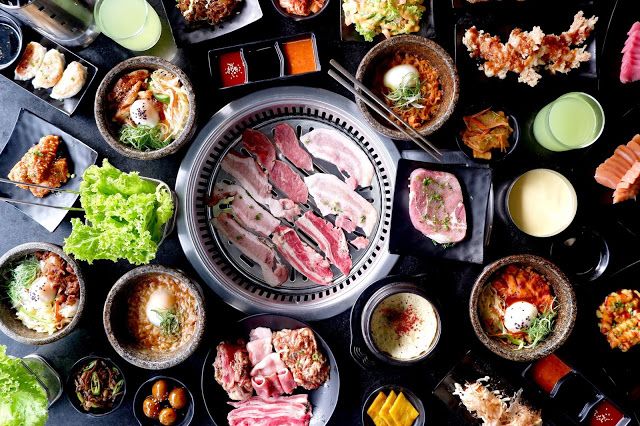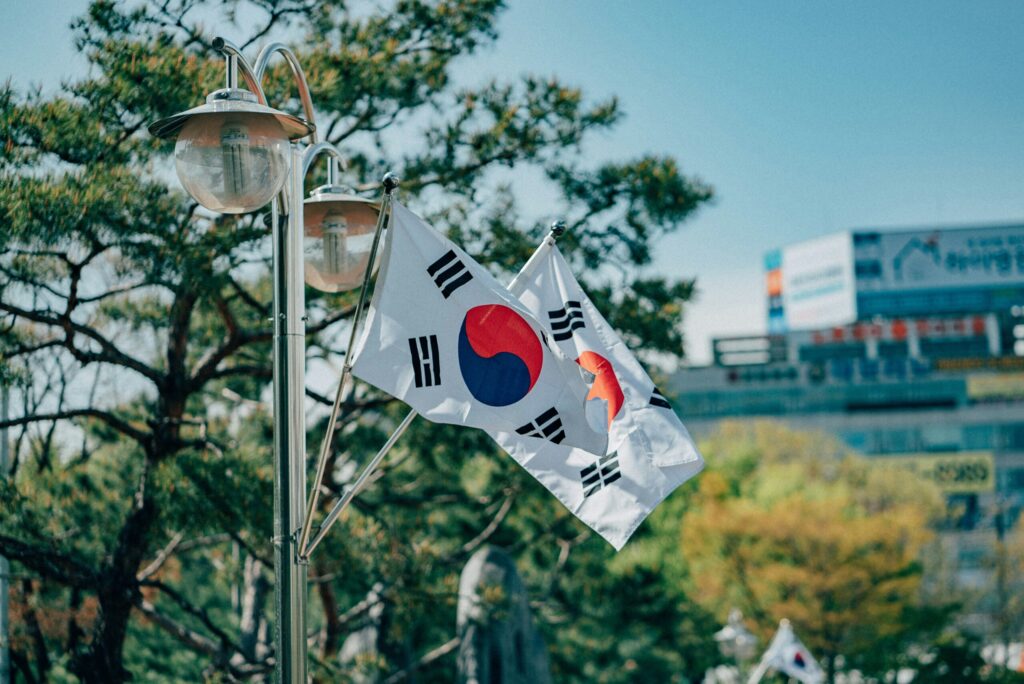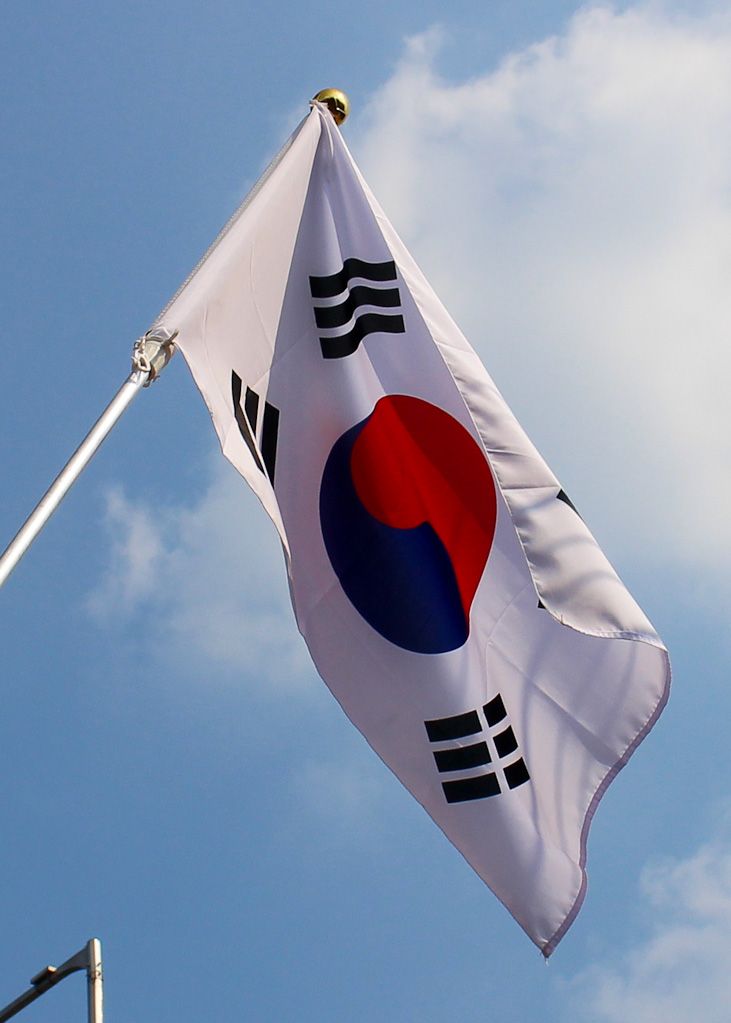Korean Food as a Mirror of Cultural Identity in a Globalized World
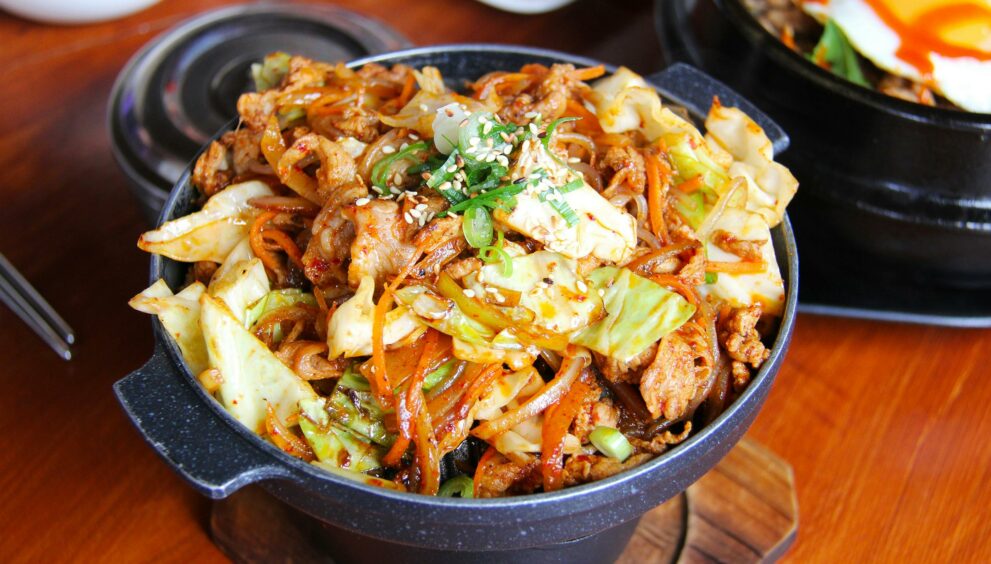
Food is a universal human need that is closely related to social life. The production, consumption and meaning of food also have profound social, political, cultural and economic consequences. Food is also an important medium for expressing a country’s personal and cultural identity, as is the case with food from Korea.
What comes to mind when you hear the word “Korea”?
According to the 2022 National Image Survey involving 12,000 participants from 24 countries, including 500 people living in Indonesia, it was found that Korean food ranks fifth with a percentage of 15.2%.
This is due to the outbreak of the Korean Wave phenomenon in Indonesia which has influenced the popularity of food from South Korea.
Other survey results also show that Korean food is one of the Korean contents that have competitiveness in the international market.
In the 2019 survey on the world’s view of Korea, Korean food topped K-pop with 66.4%, while K-pop came in second with 20%.
In addition, in a 2020 survey on Korea in the minds of people in New Zealand, Korean food topped the list with 96.4% in terms of aspects that positively affect Korea’s image.
What is Korean Food?
Korean food according to experts is “food that is made with raw materials or ingredients traditionally used in Korea, or with similar ingredients, using authentic cooking methods or similar methods, has historical and cultural characteristics, and has been developed and passed down through people’s lives.”
Food is a reflection of the history, culture, and social life of Korean society. It has unique characteristics that can be observed through its ingredients, processing methods, serving techniques, and inherent philosophy and cultural background.
A comprehensive definition of Korean cuisine includes several important aspects. Firstly, Korean cuisine uses ingredients that are traditionally used in Korea, regardless of the origin of the produce. Secondly, traditional Korean cooking methods and principles are still followed in the food processing process. Third, Korean cuisine preserves the spirit and philosophy behind traditional Korean food practices, such as balance, harmony and variety.
Characteristics of Korean Food
One of the distinctive features of Korean food is the use of special seasonings, such as gochujang (chili paste), doenjang (fermented soybean paste), and ganjang (soy sauce). These condiments not only provide a distinctive flavor, but also play an important role in maintaining a healthy and balanced body.
For example, gochujang contains antioxidants that can prevent diseases and ganjang contains components that can help the body absorb nutrients properly.
Korean food processing methods are also very unique, such as fermentation techniques. The fermentation process in Korean foods, such as kimchi, doenjang and ganjang, not only produces rich flavors, but also provides health benefits.
Fermentation helps increase nutrient content, creates a strong umami flavor, and produces probiotics that are good for the digestive system.
The presentation of Korean food is not just a matter of aesthetics but also reflects a deep philosophy. Food is often served in a variety of small bowls and plates, encouraging harmony and balance in eating. This reflects Korean cultural values that emphasize diversity and harmony in daily life.
Although Korean food retains its distinctive identity, there are still cultural influences from China, Japan and Europe that can be found in some of its dishes. This demonstrates the ever-evolving cultural dynamics within the Korean culinary tradition, resulting in a variety that appeals to global foodies.
Korean cuisine is not just about flavor, but also about a rich and complex cultural heritage. In this era of globalization, Korean food has become one of the strong symbols of national identity, showing how important food is as a medium of cultural expression in an increasingly connected global context with cultural values that continue to be passed down, Korean food continues to attract interest and appreciation from different walks of life.


 Indonesia
Indonesia 